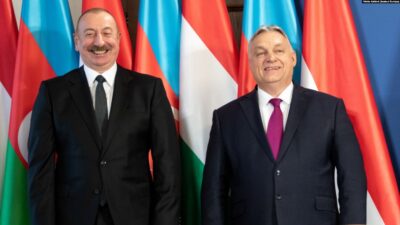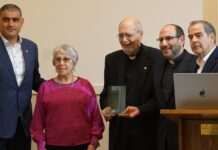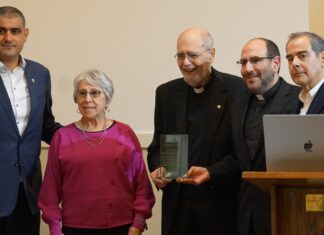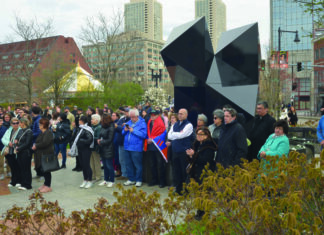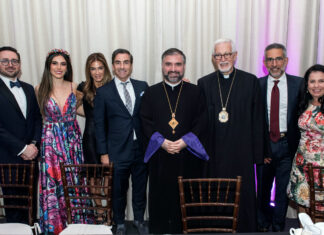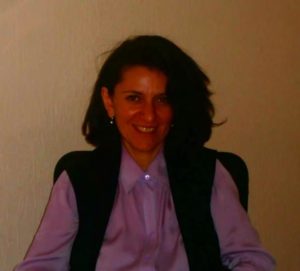 By Gabriella Gage
By Gabriella Gage
Mirror-Spectator Staff
YEREVAN and EASTON, Mass. — Anna Ohanyan, an assistant professor of political science at Stonehill College, is currently participating in a one-year Fulbright Fellowship to Armenia, teaching Contemporary Global Issues and International Organizations to Armenian university students. Her goal has not only been to impart knowledge to her students, but more importantly, to change the way they learn and give them the necessary skills to succeed in the world outside the classroom.
Ohanyan explains, “My primary objective has been to help the local University in diversifying the teaching methodologies. Lecturing remains a dominant form of teaching in most public Universities in Armenia, and students have gotten accustomed to it […]. This method simply prevents the development of soft skills among students, such as critical thinking, analytical skills, leadership and problem solving. Studies conducted in Armenia show that employers are looking precisely for these skills, which scores and scores of University graduates simply do not possess because they have not had an opportunity to practice and enhance these skills within the lecturing mode of teaching.”
Introducing her methodology to Armenian universities has had its own challenges, including rethinking how students prepare for class, exposing students to new ways of learning and finding interactive ways of handling materials. There are also students that still
prefer the passive lecturing style they have grown accustomed to, as well as battles with the administration, overloaded classroom
sizes and a shortage on material supplies.
Ohanyan even met with discouragement from embassy officials who warned that students would likely not respond well to more
demanding workloads and new teaching philosophies.
Despite these challenges, Ohanyan has seen hopeful results among her students using her new methodology. “I have many students who […] embraced the interactive, experiential teaching method that I utilize in my classes. It was thrilling to see how one student used a highlighter and color-coded the entire chapter, which may not be anything special in the US, but in Armenia that signaled a real hunger for learning. […] I utilize debates as a form of experiential teaching. Usually students just would [continue] debating, even after the class was over!”
